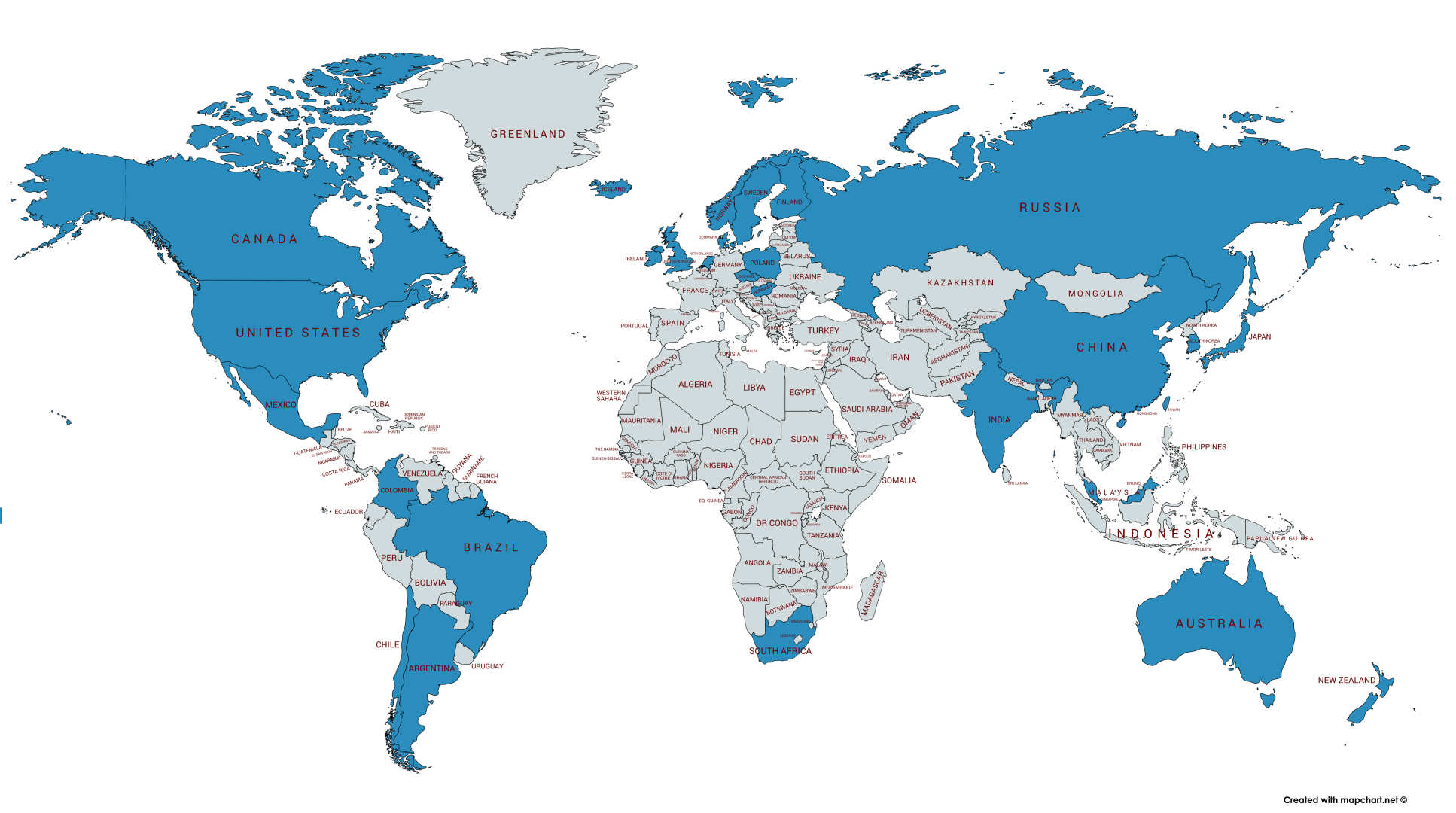In the FOURIER Legacy study, we plan to follow up to 10,000 patients from selected countries around the world so that we can understand whether treatment with evolocumab during the FOURIER Outcomes study leads to longer term benefits such as a prolonged reduction in heart attacks, strokes and other cardiovascular events.
We know that, in trials of statins, the conventional drugs for lowering LDL-cholesterol, in-trial statin therapy can lead to long lasting benefits, for up to 20 years after the start of the trial (please see ASCOT and WOSCOPS long term follow up results in The Lancet and on Medscape).
We think that this is because early treatment with statins stabilises the atherosclerotic plaques within the arteries which means that these plaques are less likely to rupture and cause cardiovascular events in the future.
Since PCSK9 inhibitors such as evolocumab (Repatha) are more effective than statins at reducing LDL-cholesterol, it is possible that these drugs will be even more effective at plaque stabilisation and therefore may provide long lasting benefits.
This is why we would like to follow up 10,000 subjects who completed the FOURIER Outcomes study for up to five years after the close of the study, to see whether the beneficial effects of evolocumab persist after the end of the trial treatment period.
In the FOURIER Legacy study we hope to follow up 10,000 subjects by questionnaire only- there will be no clinic visits involved and no study treatment given.
The study will be carried out using questionnaires, which can be completed by each subject online, or by a telephone call with their study centre. The study will be carried out across the world and each individual country will have its own National Coordinating Centre and National Principal Investigator. Every FOURIER site from participating countries will be asked to contact all their subjects who are eligible for the Legacy study.
Countries participating in the FOURIER Legacy study

Our particpating countires (as shown in the map above) are: USA, UK, Norway, Australia, Canada, Russia, Sweden, China, Brazil, Poland, Finland, Japan, Mexico, Hungary, Denmark, India, Argentina, Czech Republic, Iceland, South Korea, Columbia, Netherlands, Taiwan, Chile, South Africa, New Zealand, Malaysia, Hong Kong, and Singapore.
Regional Coordinating Centres:
- USA (the TIMI Group, Boston) will be acting as Regional Coordinating Centre for the Americas region.
- UK (Imperial College London) will be acting as Regional Coordinating Centre for Europe and South Africa.
- Norway (University of Oslo) will be acting as Regional Coordinating Centre for the Nordic countries.
- Australia (University of Sydney) will be acting as Regional Coordinating Centre for Asia and the Pacific region.